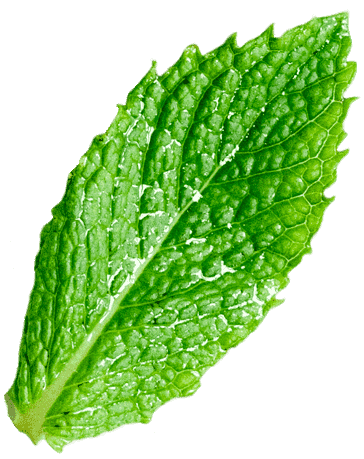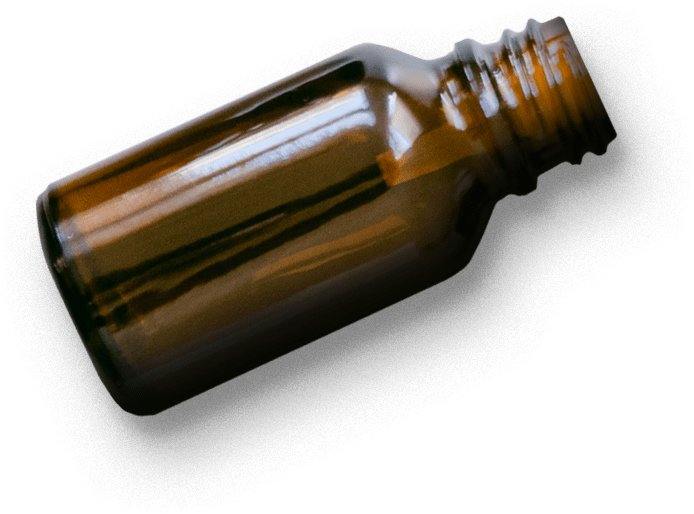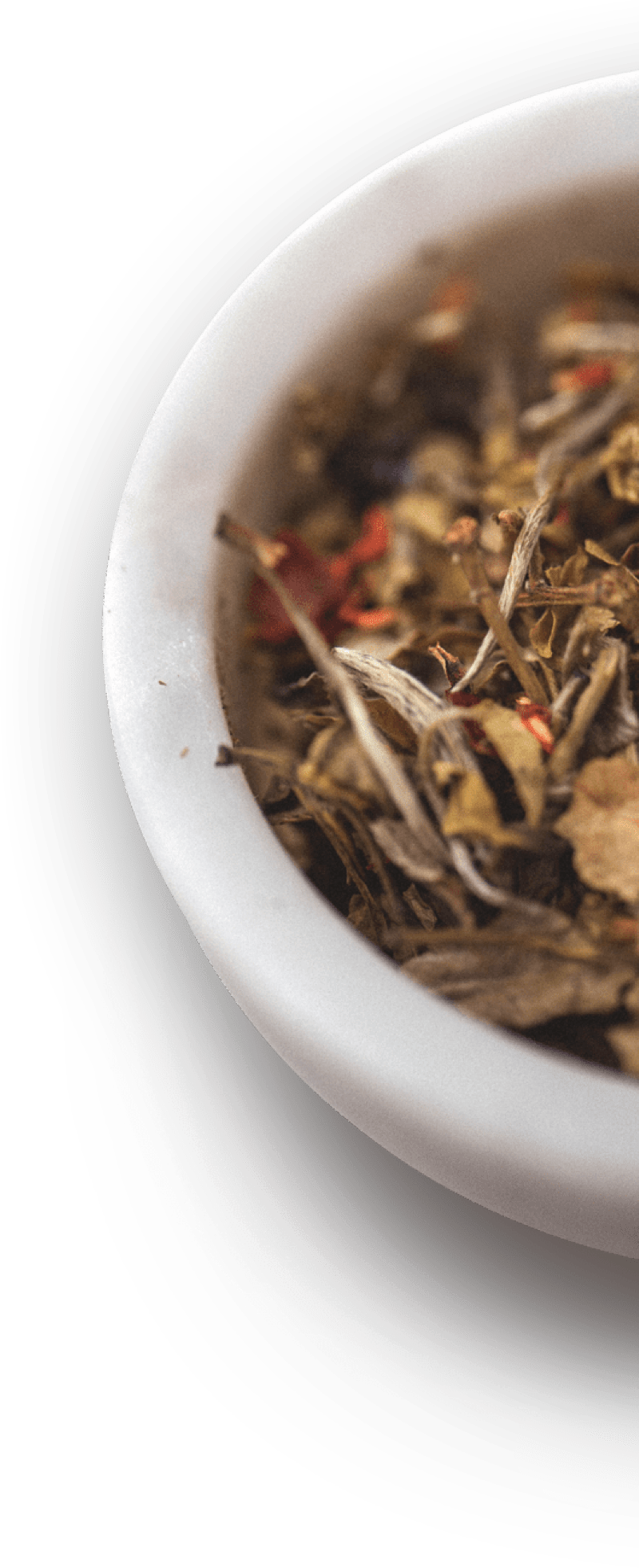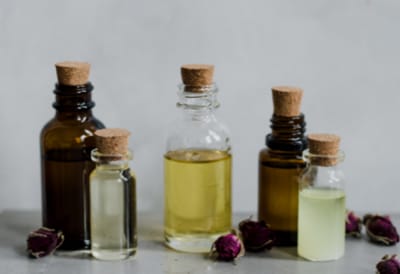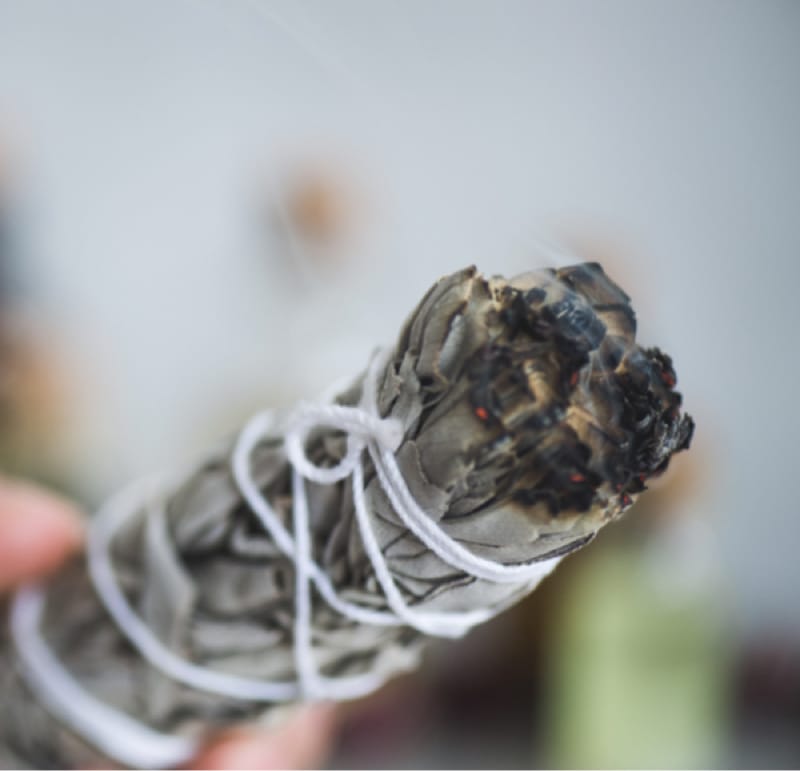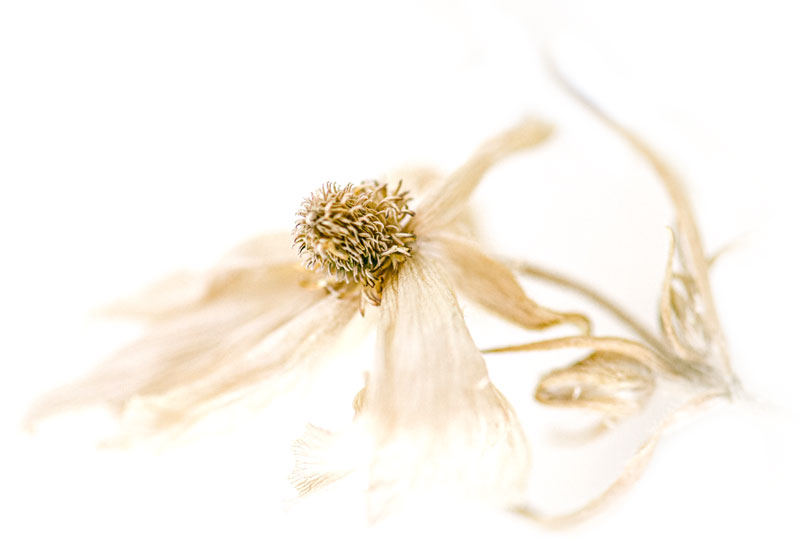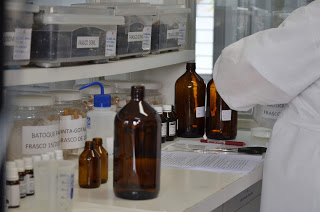
I am biologist, a naturalist to be more precise, since I am an ancient person, from Natural History time. I say this to emphasize that I am not a doctor, a pharmacist or a veterinarian, so I am not a homeopath, that is, I do not prescribe or sell homeopathy.
But I did research for almost thirty years with highly diluted products, I saw and realized the power of succussion, that is, the difference between manipulating homeopathically a substance from just to dilute it. And because of these research results, I started to attend congresses and homeopathy symposia.

And over time friendships were established, respect for homeopaths grew, and I became involved in their struggle. “Caught” like them, I saw miracles and amazing situations as they routinely see, and as a good curious biologist, I fell in love with the unknown and intriguing that still exists within homeopathy.

But what also surprises me is the joy I feel with the possibility of seeing so many warlike people in London, where two international events are scheduled in June, the GIRI and the HRI (Groupe International de Recherche sur l’Infinitesimal and Homeopathy Research Institute).

And in addition to reviewing friends, I am glad to hear and learn about this unknown world with which Existence very generously presented me.
Dorly de Freitas Buchi

